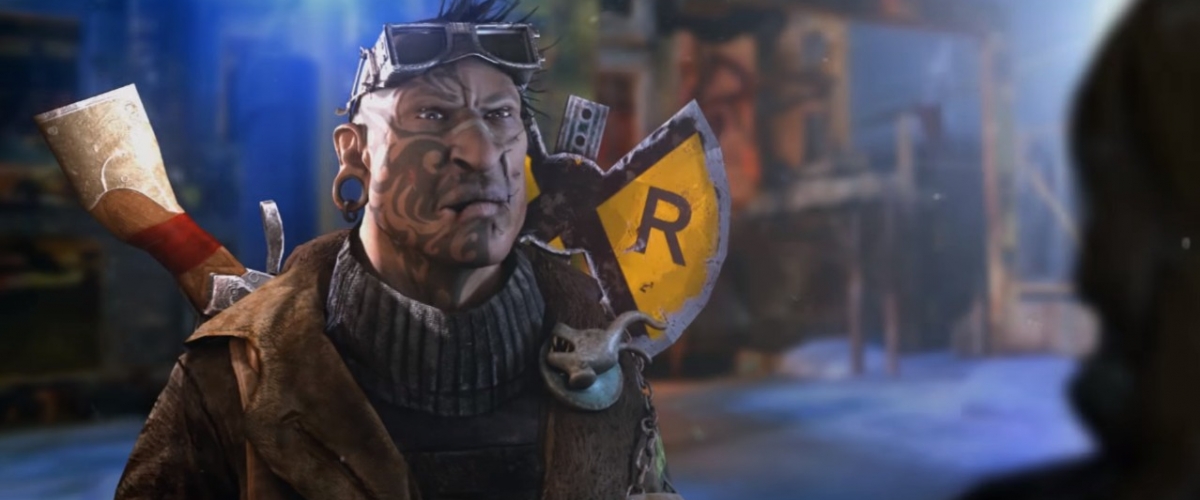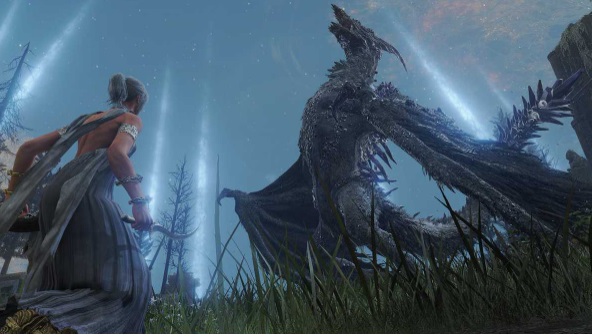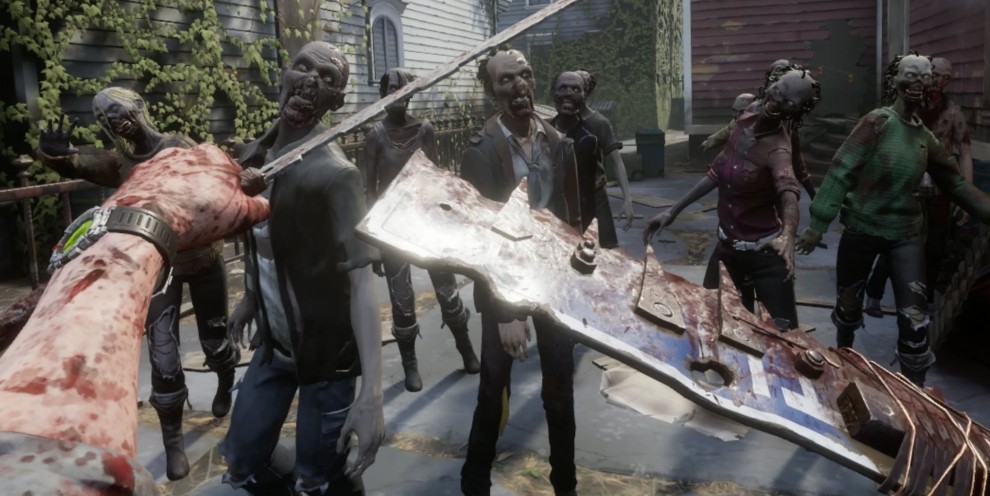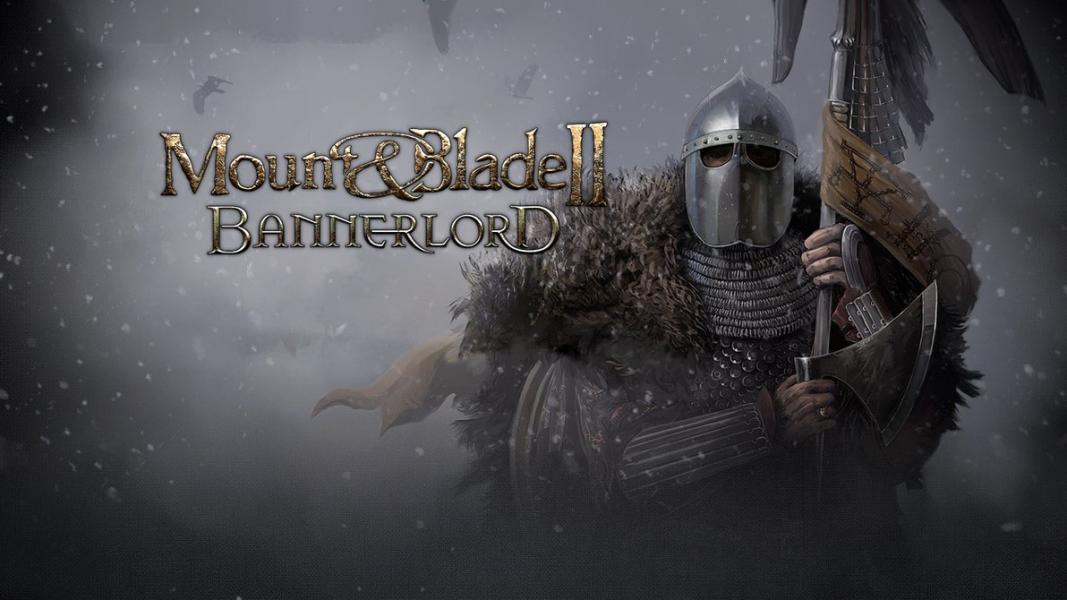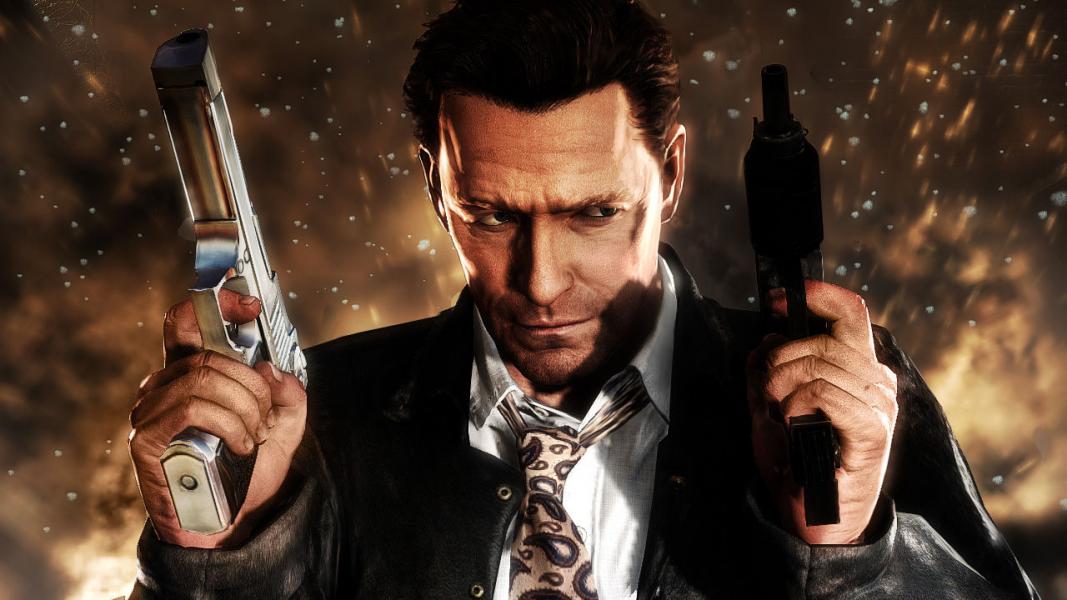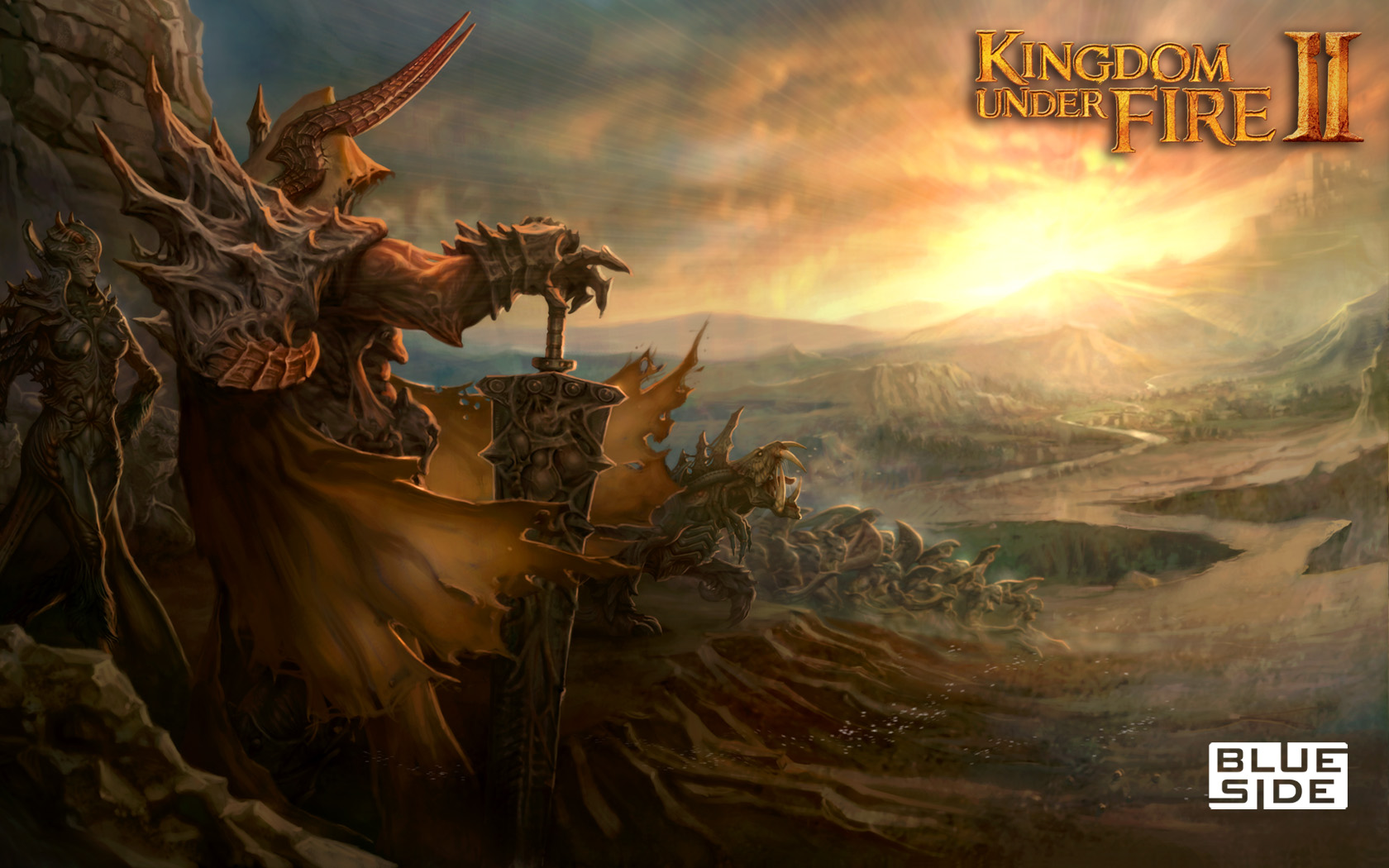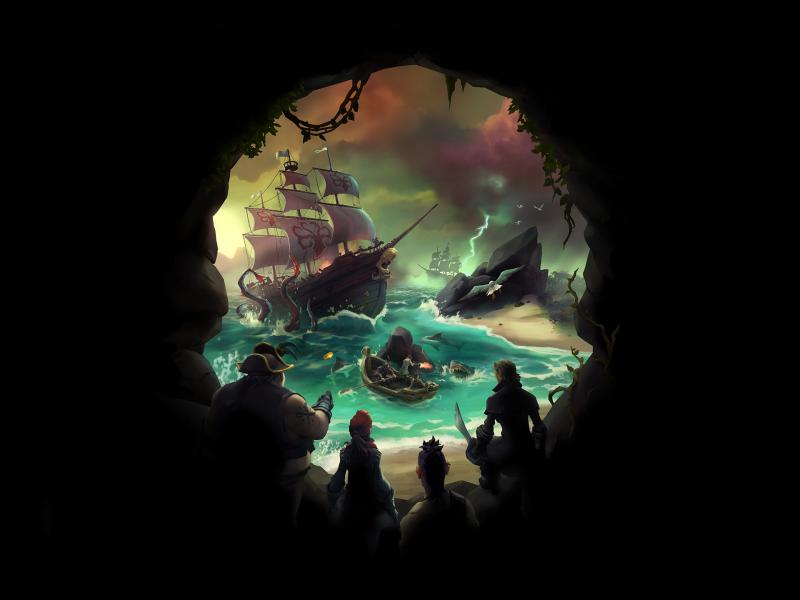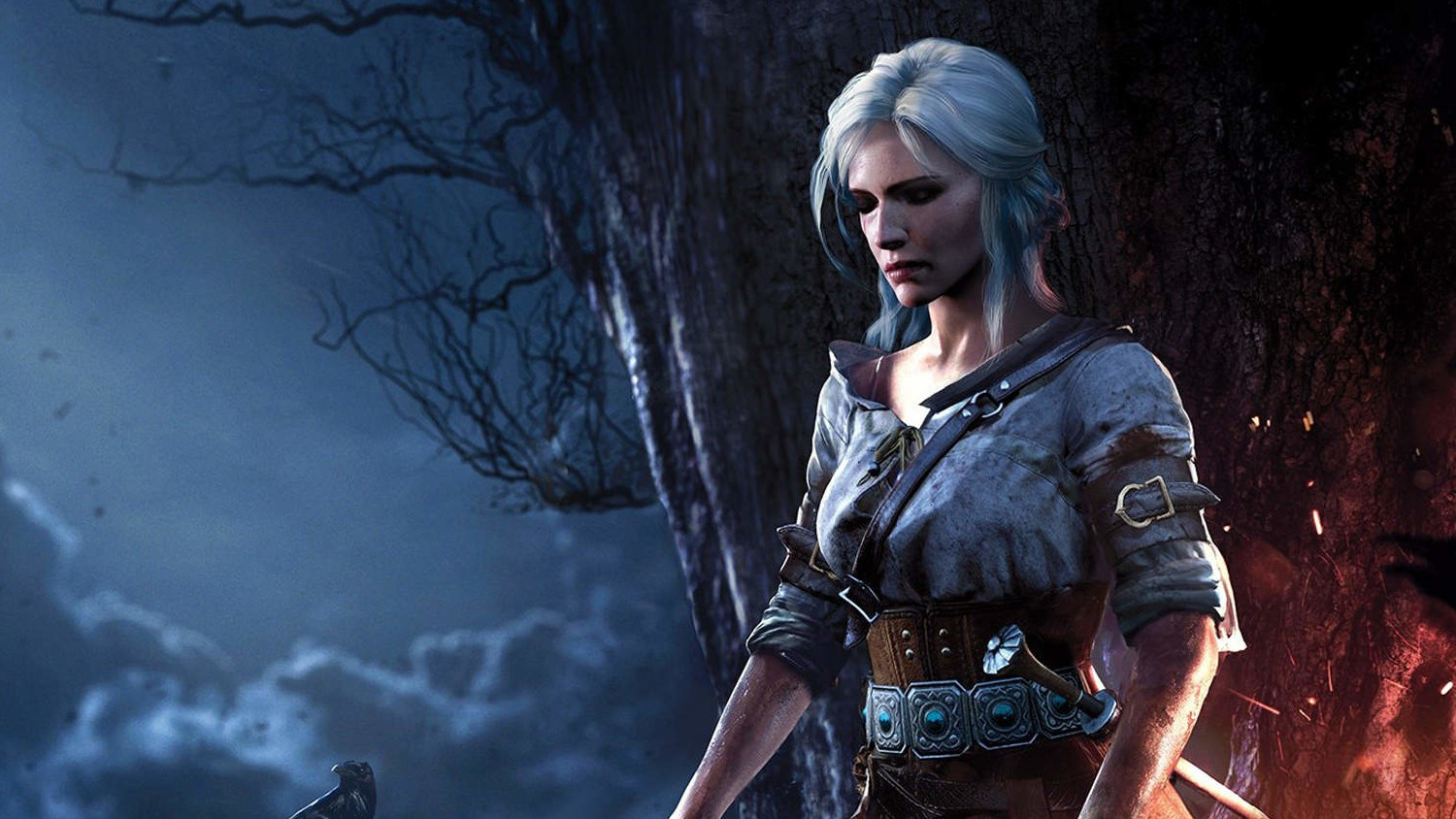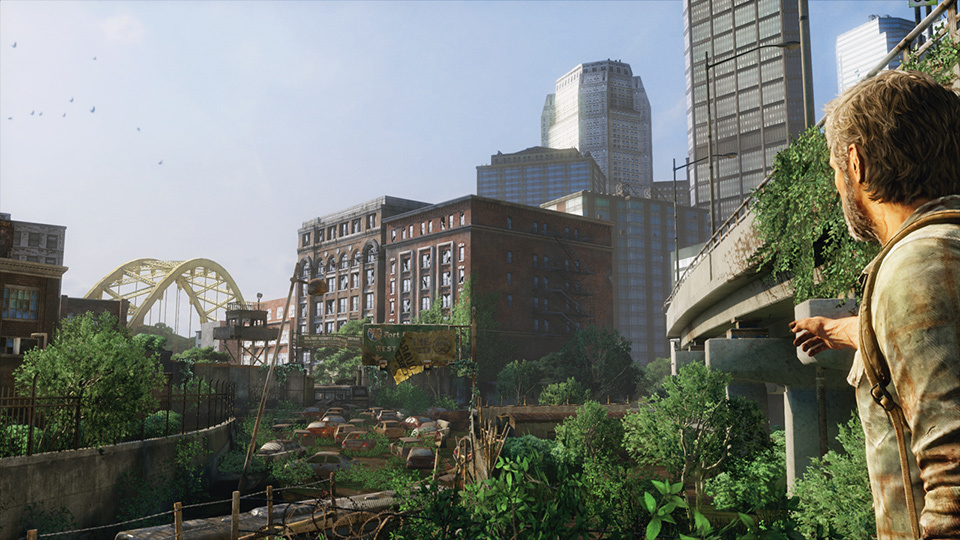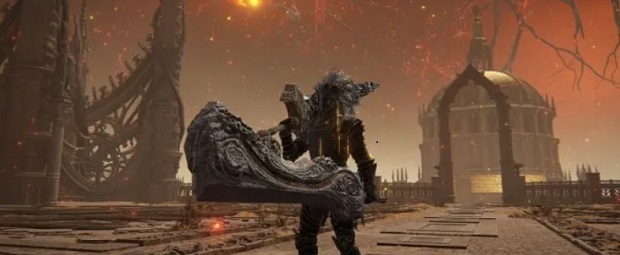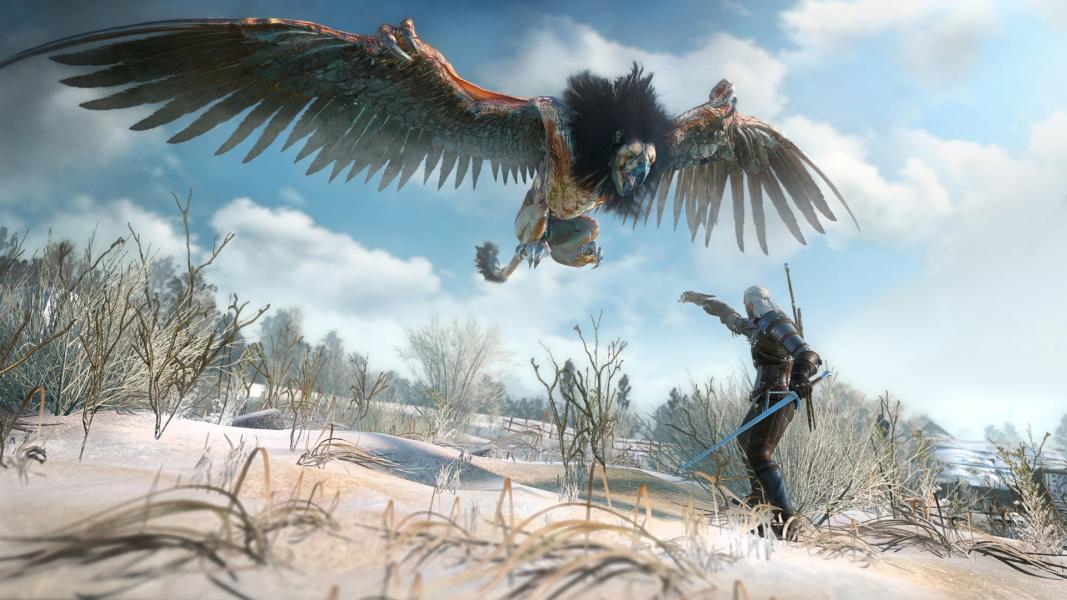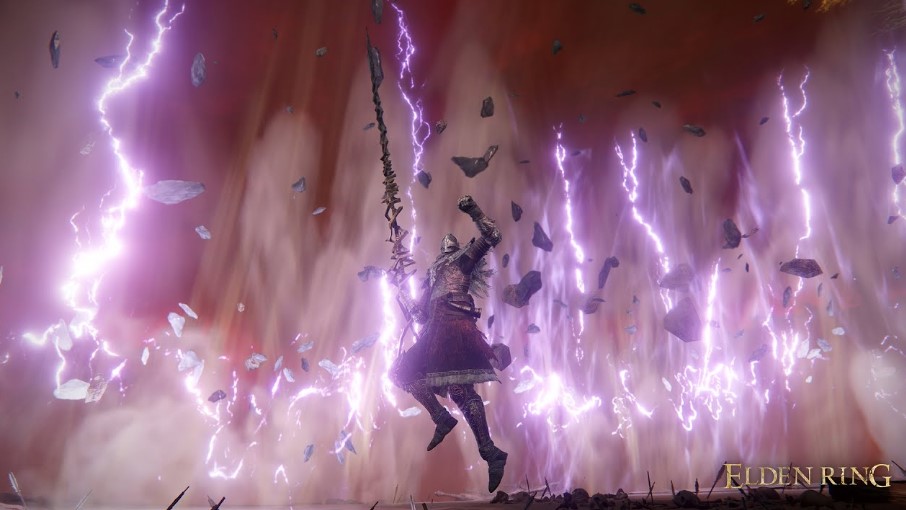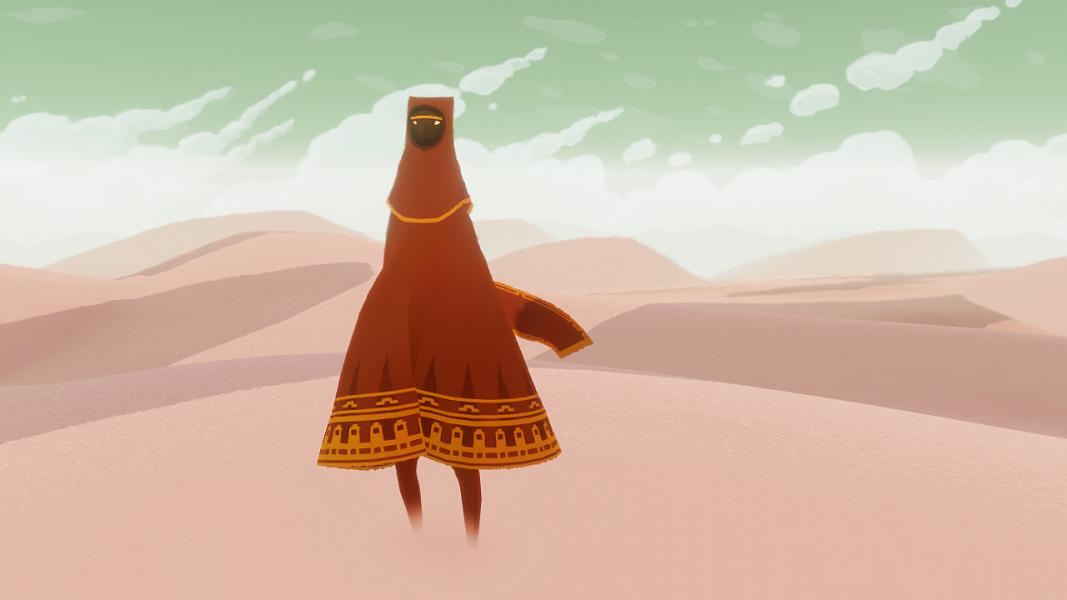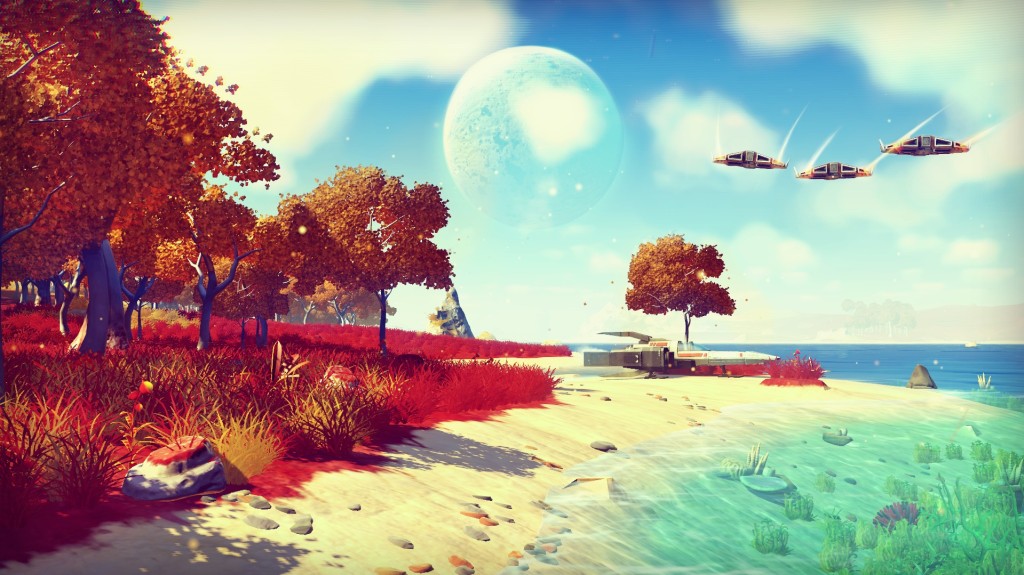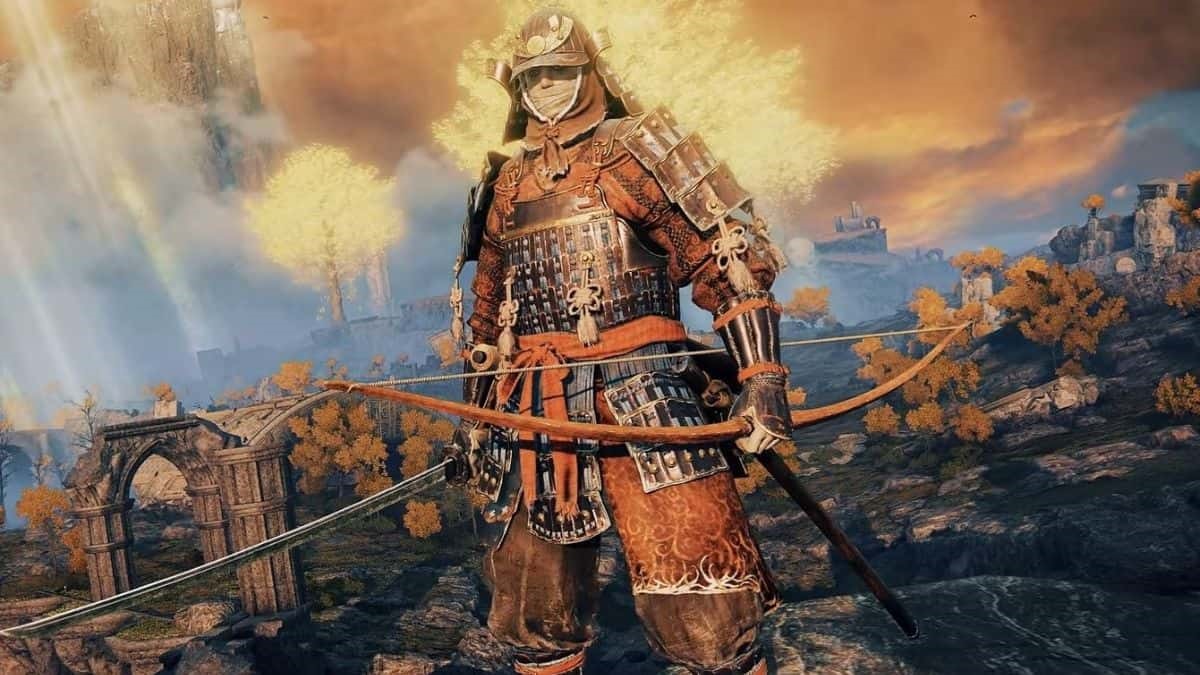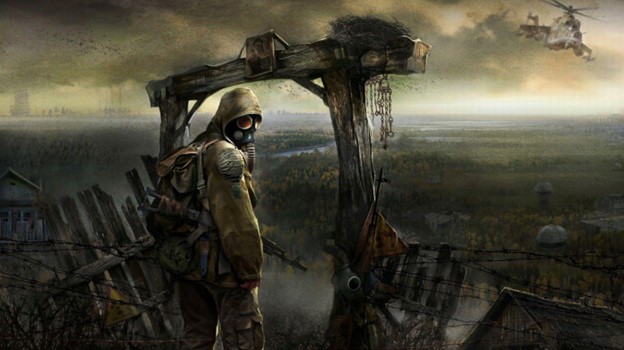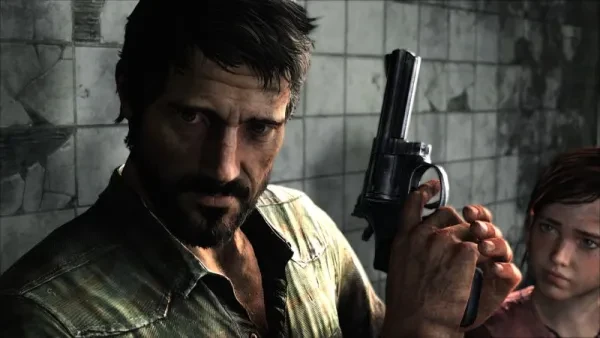
10. Fallout 4 (PC/PS4/XBOX)
Starting with the latest single-player instalment of Bethesda’s ‘Fallout’ series, Fallout 4 takes place in a ravaged wasteland, not unlike the post-apocalyptic American landscape across which Ellie and Joel must travel. Not only this, but Fallout takes place in Boston, the same place where our duo starts out, and many iconic features such as the Boston Common can be found in both games.
In Fallout 4, your character awakens over 200 years after nuclear armageddon, having been cryogenically frozen at the outbreak of the ‘Great War’ that destroyed society as you knew it. As the ‘Sole Survivor’, you set out across the wasteland to find your son, who you saw being taken from his cryopod, but find the world to be a very different landscape to what it once was.
Although Fallout differs from The Last of Us in format, giving players full autonomy over the game direction in the large open world of ‘The Commonwealth’, at its core it holds many of the same themes and mechanics that Naughty Dog’s hit title does.
Focusing on family, and specifically, the bond between a parent and a child, both games explore the extent to which we go as human beings, even in the face of unimaginable danger and challenge, to protect those that we love. Furthermore, the theme of violence against other human beings, other than just towards the creatures that threaten our character’s existence, is explored in both games, with the raiders of Fallout filling a similar role to TLOU’s hunters.
9. Journey (PC/PS4/iOS)
Whilst Journey is renowned for its gameplay and wordless storytelling and has received a number of Game of The Year awards as a result of its artistic ingenuity (not dissimilarly to The Last of Us) it’s not the first game that comes to mind when one thinks of Naughty Dog’s eponymous title. As a robed figure travelling across a vast plane of deserts and ruins, Journey uses visual format and interactivity with other, anonymised players to tell the story of a civilisation lost to time.
In this way, one might compare Journey to the emotional journey that TLOU takes us on. Although we have the pleasures of a rich textual story and an optimised UI that allows us to interact with the world through crafting, combat, and optional dialogues in The Last of Us, we are also taken through an immensely emotional - and often subtextual - story along the way.
Journey does the same, making the most of creative choices that leave us breathless as players, and encourage us to focus on our emotive reactions and explorative and social instincts to experience the story of this game. Discovering the ruins of this world elicits a feeling similar to the one we get as we witness the resurgence of nature overtaking modern civilisation in The Last of Us, and both games have something to say about the power of interaction in the aftermath of destruction.
8. Resident Evil 7: Biohazard (PC/PS4/XBOX/SWITCH)
Now, whilst the Resident Evil franchise might attract many of the players The Last of Us was challenging with its emotional plot lines, roping players in with its violent post-apocalyptic settings only to tell the touching story of Ellie and Joel’s bond, it is this feature that makes Resident Evil an amazing game in its own right.
In particular, RE7 focuses on the character of Ethan, who travels to an abandoned house in order to find his missing wife, Mia. Whilst searching for her, he also encounters the horrors of the Baker family, and the government cover-up of their existence (as well as a whole lot more - thanks, Umbrella Corp.). These storylines appeal to the emotionally driven aspects The Last of Us players seek in their games as well as giving us all of the mini-boss, dungeon-style, collectable-ridden gameplay that comes with the campy side of the horror genre.
7. A Plague Tale: Innocence (PC/PS4/XBOX/SWITCH)
A Plague Tale fits all the boxes that TLOU players look for: plague, betrayal, a uniquely sick child - what more could you want? Really, though, APT takes players on a journey through a plague-ravished 14th century France, following siblings Amicia and Hugo on the hunt for a cure for Hugo’s disease.
Whilst Plague Tale is a historic game, and, as a result, has an incredibly different atmosphere and gravitas to its events, it is as emotionally involved as The Last of Us and promises to carry players through the intriguing experiences of the siblings as a game with much more than meets the eye.
6. Red Dead Redemption 2 (PC/PS4/XBOX)
A behemoth game with almost a decade in development, Rockstar’s second instalment in the Red Dead Redemption series rocked the AAA gaming world with it’s earth-shattering environmental design and graphics as well as its heartbreaking story. For many, myself included, it was the first example of a video game that commanded the full volume of our hearts, engaging players in a world so immersive that the tragedies of the story felt personal.
Following Arthur Morgan, a member of the Dutch Van Der Linde gang (which familiar players of the series will know has since fallen apart, with RDR2 serving as a prequel to the first game where fellow gang member John Marston must hunt down his former peers), we travel across 1899 America, vaguely familiar even now over a century later, fighting friends and foes alike as part of the final frontier of the Wild West.
Red Dead, for all its thematic differences, resembles The Last of Us in the artistic event it represents to video game culture, and was arguably the next generation of gamers awakening to the importance of video games. Both will have you weeping, even with all the blood on your hands.
5. Detroit: Become Human (PC/PS4)
A very different kind of dystopia (or utopia, depending on what floats your boat), Detroit: Become Human explores the question of human and machine autonomy through the context of a world co-inhabited by humans and androids. Attempting to answer questions that are becoming increasingly prevalent in today’s AI-driven society, the game sports upwards of 40 unique endings (85 according to the choice flowcharts in-game) and accounts for every player error and opinion alike.
Whilst The Last of Us is a comparatively linear game, it is not devoid of choice - at least, not in the way we play the game, or the opinions we form in response to the game’s strong plot points. The same can be said of DBH - although we are given the exercise of choice, it is difficult to play the game without failure or misjudgement.
Some might argue this is frustrating, and others realistic and immersive, but the point is that we are held accountable for every action we take in-game, just as Joel and Ellie are. So, although gameplay styles differ, the points made about choice, and even about found family and identity, make both games akin in their storytelling capabilities.
4. Life is Strange (PC/PS4/XBOX/SWITCH/iOS/ANDROID/MAC)
Whilst it is one of the older games on the list, Life is Strange (and its successors) more than stand the test of time. Exploring the branching storyline technique in a way very similar to the previous game on this list, LiS follows the perspective of Max, a girl with time-altering capabilities, as she experiences premonitions of a future she must prevent from destroying that which she loves.
Not only does LiS share the feature of LGBT+ presentation with The Last of Us, but it looks closely at the intricacies of relationships (familial or otherwise) under circumstances we could never experience ourselves, allowing for a unique and engaging video game experience in its unimaginability combined with the familiarity of contemporary settings. Anyone who enjoys the fighting-for-who-you-love drive of The Last of Us would feel very at home in the shoes of Max Caulfield.
3. Telltale’s The Walking Dead (PC/PS4/XBOX/SWITCH)
Having recently come to a conclusion with its 4th season in 2019, Telltale’s The Walking Dead is an episodic choice-based game that follows Clementine, a girl navigating the post-apocalyptic world of the most infamous apocalypse known to man: zombies.
Although it doesn’t follow the same plot as the original comic books or the TV adaptation (no Rick Grimes here, sorry folks), the game does an excellent job at constructing the characters we encounter throughout the game in a much more 3D style than the art, which emulates a comic book style with some inventive animation work that balances between creativity and accessibility.
Besides the obvious similarities with The Last of Us in terms of setting and enemies, they don’t stop there - the father-daughter adjacent relationship formed between Lee and Clementine in season 1 is all too similar to the relationship between Ellie and Joel in both games in the TLOU series, and the beloved characters of this series hold a place in many of the hearts of those who play the games just as The Last of Us does.
2. Kentucky Route Zero (PC/PS4/XBOX/SWITCH)
A hidden gem of an indie game, Kentucky Route Zero from the small studio Cardboard Computer is an act-structured game that from the outside seems completely different to The Last of Us. And, in reality, it is incredibly different - the art style, the writing, and even the format music and plot of the game are all quite far from the familiar aspects of Naughty Dog’s title.
But the charm of Kentucky Route Zero, and the ease that anyone who plays it has of falling in love with it, is something rare that it shared with TLOU. Themes of found family, as well as the rich and unseen culture of the state of Kentucky, create the heart of KRZ, a game which you see through the eyes of many lovable and misfit characters who form their own family in amongst the chaos of a way of life being lost to time and gentrification.
As Conrad, the closest thing to the main character of KRZ loses his sight of the world, and the life that he thought he knew, we are reminded of Joel and the great loss he and his generation has sustained. This, juxtaposed with the younger characters of both games - Junebug and Ellie, for example - creates a poignant and often untouched comment on the ageing of the world around us through the medium of a video game, where we directly experience these changes in a way many of us might not notice in our own worlds.
Ultimately, despite all the differences between the two games, they are similar in the niches they explore, and the indulgence in art they both take.
1. The Last Guardian (PS4)
Finally, another Playstation-exclusive that changed many players' grips on their game-playing experiences, The Last Guardian holds a special place in my heart as the first video game I played at university. I was struck upon playing by the bond between the two main figures of the game, the Boy and Trico, a large mythical bird-cat-dog-like creature, and the similarities between this and my own dog.
Whilst, of course, the events of the game are important in their own right, and the style of the gameplay holds its own merit in puzzles and breathtaking environment design, it is the exploration of this bond that makes The Last Guardian the gorgeous experience that it is.
The same can be said for The Last of Us - whilst, of course, it is an excellent game in art stylings and combat encounters, the exploration of the bond that slowly forms between Joel and Ellie, and the effects this has on the game-world, are what truly make The Last of Us the game that it is. This bond has, in my opinion, only fully been taken for all that it has worth in these two games, and it is because of this that The Last Guardian holds place number one on this list.




